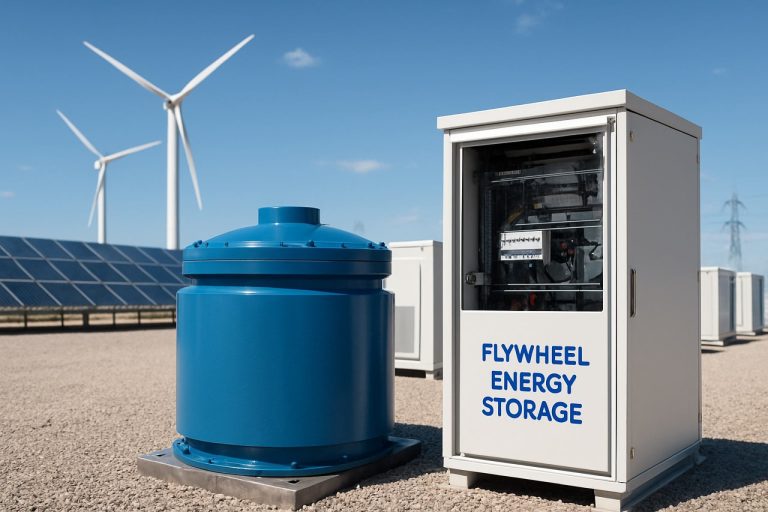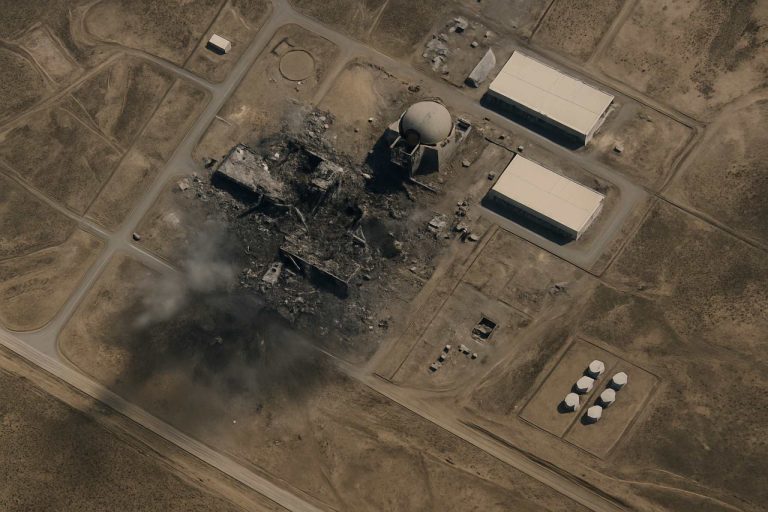Energy Storage
Energy storage refers to the process of capturing and holding energy for use at a later time. It encompasses a variety of technologies and methods that allow for the retention of energy produced during one period for consumption in another. Common forms of energy storage include batteries, pumped hydroelectric storage, compressed air storage, and thermal storage systems.
Energy storage is crucial for balancing supply and demand in energy systems, particularly as the integration of renewable energy sources like solar and wind increases. These sources can produce energy intermittently, and energy storage allows this excess energy to be stored when production exceeds demand and then released when production falls short.
Efficient energy storage solutions contribute to grid stability, enhance energy security, and facilitate the transition towards a more sustainable energy system. Energy storage can be deployed at various scales, from large utility-scale systems to smaller residential solutions, enabling a wide range of applications in electricity generation, transportation, and heat management.




